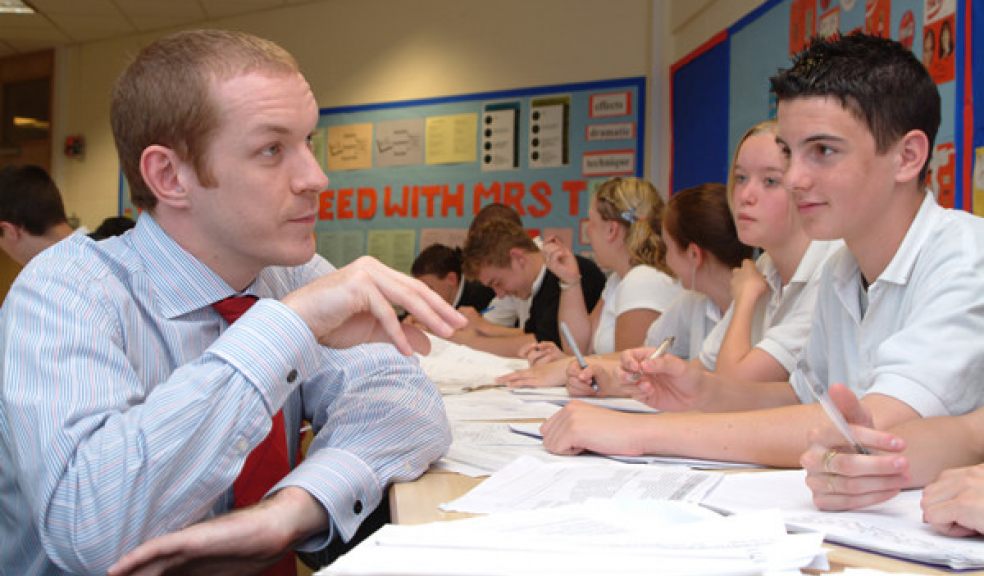
New funding to help engage young people in research
A collaboration between the University of Exeter and a selection of schools and colleges in the South West is one of just 12 projects to receive more than £3.5 million in funding to engage young people in research.
The support comes from the Research Councils UK (RCUK) in its new national School-University Partnerships Initiative (SUPI) and the £3.5 million funding includes matched funding from universities, schools and businesses.
The three-year initiative aims to motivate young people from a diversity of backgrounds to be excited about cutting edge research and raise their aspirations for further study and future lives. Early career researchers will have opportunities to develop their transferable skills through training and by working with school students. The initiative also aims to engage teachers in ways that have maximum impact on teaching quality and learning.
Each project involves a variety of activities to develop engagement between universities and schools. The South West collaboration involves Mullion School (Cornwall); Kingsbridge Community College; Torquay Girl’s Grammar School; The Woodroffe School (Lyme Regis, Dorset) and their partnership schools. This partnership extends through all four counties of the South West and is a natural route for engaging schools with cutting-edge university research.
The University of Exeter’s focus is on engaging school pupil’s interest in the following themes of Science and Mathematics; Technology and Engineering; Philosophy of Contemporary Dilemmas; and Economic Understanding. These four themes reflect the University’s cutting-edge research activity at the Environment and Sustainability institute in Cornwall; the Centre for Additive Layer Manufacturing; the EGENIS Centre researching the social impacts of genomic science; and the Centre for Risk and Ambiguity in economics.
Head teacher at Mullion School in Cornwall, Mike Sanford, said: “The thought that our students will be able to access some of the facilities and the expertise at the University of Exeter and that our pupils will be working with their staff is superb. We see this as a tremendously exciting and aspirational opportunity for our pupils."
Each theme will be led by a core team of three experts, a subject academic who is a leading researcher in that theme, an education expert from the University’s Graduate School of Education, and a teacher from the lead school in each theme. The lead teacher will work actively with at least five other teachers across the schools cluster, acting as the co-ordinating link between schools and the University of Exeter.
University of Exeter, education expert Professor Debra Myhill said: “The themes are well-aligned to the secondary school curriculum, and are key areas for the future which students will need as they mature and become active citizens. The University of Exeter is excited at the prospect of enabling new generation research to be brought to life within its strong schools partnership and to raise the aspirations of the next generation of researchers.”
David Willetts, Minister for Universities and Science, commented: “Maintaining a good supply of scientists and researchers is vital to our economy and society, but to do this we need to draw talent from as wide a pool as possible. That is why the School-University Partnerships Initiative is so important. It will help to encourage young people from all backgrounds to pursue a career in research by connecting them with the UK's world class academic community.”




















